“With Labor on the back foot, the community generally onside over the government’s handling of the pandemic, there is a very real temptation to go to an early election,” writes politics columnist MICHAEL MOORE.
THERE are a series of self-serving indicators that Prime Minister Scott Morrison will go to an early election. They all serve as a reminder of the need for fixed-term elections for the federal government.
The middle ground is where elections are won and lost. Over the last few decades the Liberal Party has been deserting this ground in favour of a more and more conservative approach to politics.
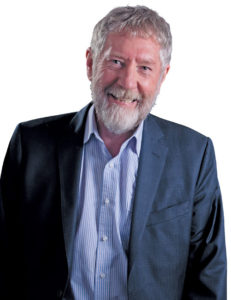
During that time the conservative elements of the party pejoratively labelled the liberal elements as “wets”. These “wets” included former NSW Senator Peter Baume and, in the ACT, former chief ministers Kate Carnell and Gary Humphries.
There are staunch supporters of both major parties. These are people who will not change their vote. In the vast majority of cases, to win an election requires winning over the swinging voters. Throughout Australia it has become harder and harder for the conservatives to achieve this.
Treasurer Josh Frydenberg demonstrated his middle-ground credentials through the Budget. He discarded such conservative mantras of “living within our means”, “the horror of national debt” and “the dangerous levels of deficit” and borrowed to the extent not seen since the Labor Whitlam government of the 1970s.
Was Frydenberg’s change of heart like Saul’s conversion on the road to Damascus? Perhaps he was already leaning to the political centre and saw the pandemic as an opportunity.
Most likely, the response to the pandemic with the big spending on programs such as JobKeeper were simply pragmatic. He was aware of the success of Kevin Rudd’s spending spree during the Global Financial Crisis and followed suit.
Morrison may have conservative Christian values. However, through the action taken by Treasurer Frydenberg on the pandemic he saw opportunities to grab the middle ground. The pandemic had the Labor Party on the back foot with Opposition Leader Anthony Albanese having no choice other than support the government in the time of crisis.
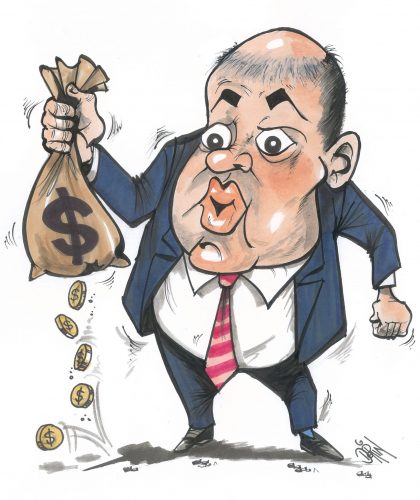
The Prime Minister was aware that each of the state elections returned a strong result for the incumbents. The premiers had taken hard decisions and, Labor or Liberal, were comfortably returned to government. However, as demonstrated in Tasmania, the further away from hard decisions on the pandemic, the more difficult it would prove to rely on this factor as a guarantee of re-election.
With Australians feeling more comfortable about the control of COVID-19, the likely positive electoral impact was fading. Morrison saw two other opportunities. The first was to demonstrate that he could be a strong leader by restricting entry for anyone entering Australia from covid-ravaged India. The criticism, the case in the Federal Court and the media focus that followed, played into the hands of a prime minister who has again and again demonstrated his marketing prowess.
The second was the Budget, which provided an opportunity to claim the middle ground and leave Labor flailing. The leaks were so extensive that there were hardly any surprises on Budget night and it was already being labelled by commentators as a “Labor Budget”. The carefully orchestrated leaks highlighted a government that was becoming socially progressive in such areas as women, aged care and childcare.
Even before Budget night, it was clear that there would be a very large deficit. But a trillion dollars? Business would not miss out with plenty of sweeteners in the forms of tax cuts and subsidies. The conservative mantra of downsizing the public service at every Budget was discarded. Instead, as Finance Minister Simon Birmingham explained on behalf of the government, there would be a need for a stronger, bigger federal public service in order to “effectively resource its policies”.
Early responses to the Budget in the media and at question time illustrated a struggling Labor Party. There was some ground in arguing not enough money in one area or another. However, the only issue really left to criticise was the trillion-dollar deficit. Was this a Liberal change of heart? Was there really a significant shift to the left? Or is it just plain hypocrisy?
With Labor on the back foot, the community generally onside over the government’s handling of the pandemic, there is a very real temptation to go to an early election.
Michael Moore is a former member of the ACT Legislative Assembly and an independent minister for health. He has been a political columnist with “CityNews” since 2006.
Who can be trusted?
In a world of spin and confusion, there’s never been a more important time to support independent journalism in Canberra.
If you trust our work online and want to enforce the power of independent voices, I invite you to make a small contribution.
Every dollar of support is invested back into our journalism to help keep citynews.com.au strong and free.
Thank you,
Ian Meikle, editor

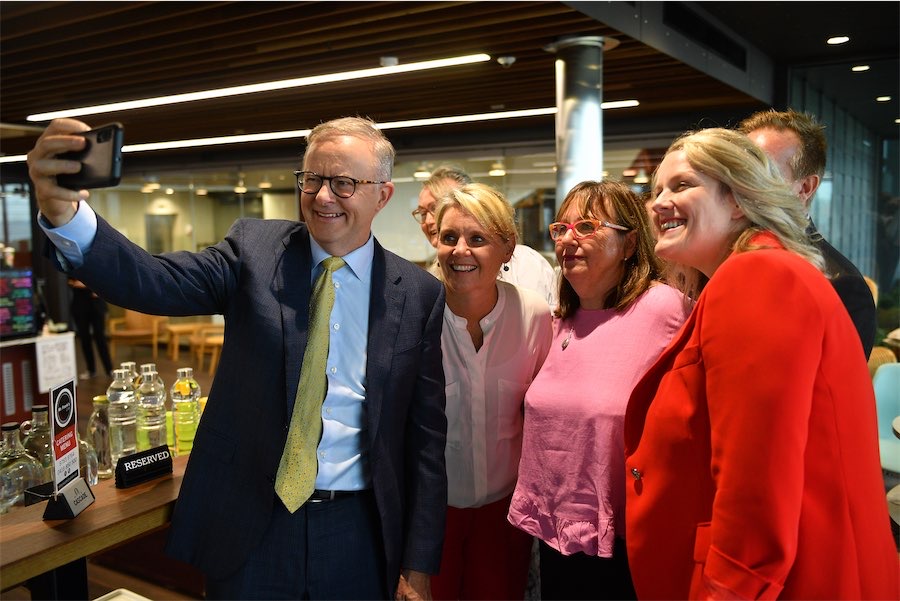
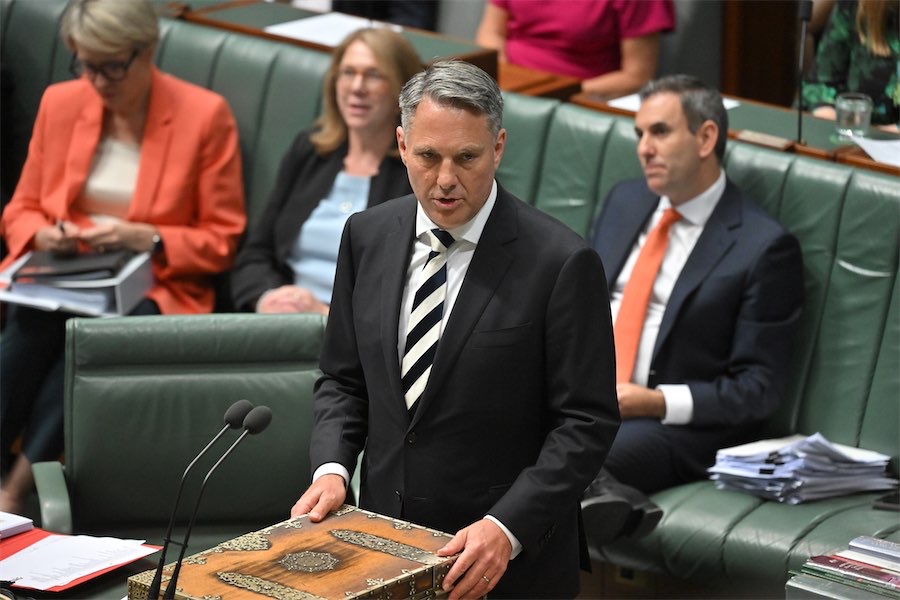
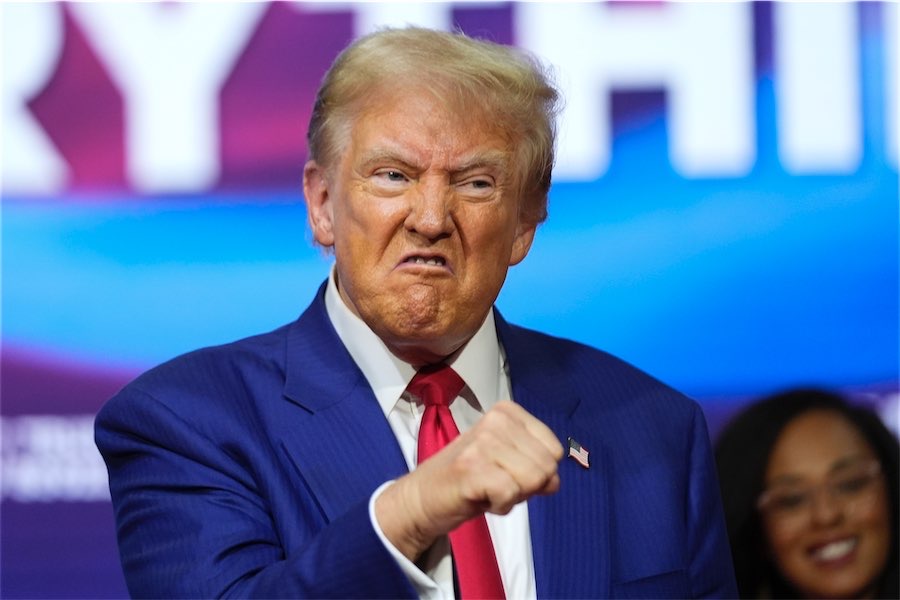

Leave a Reply